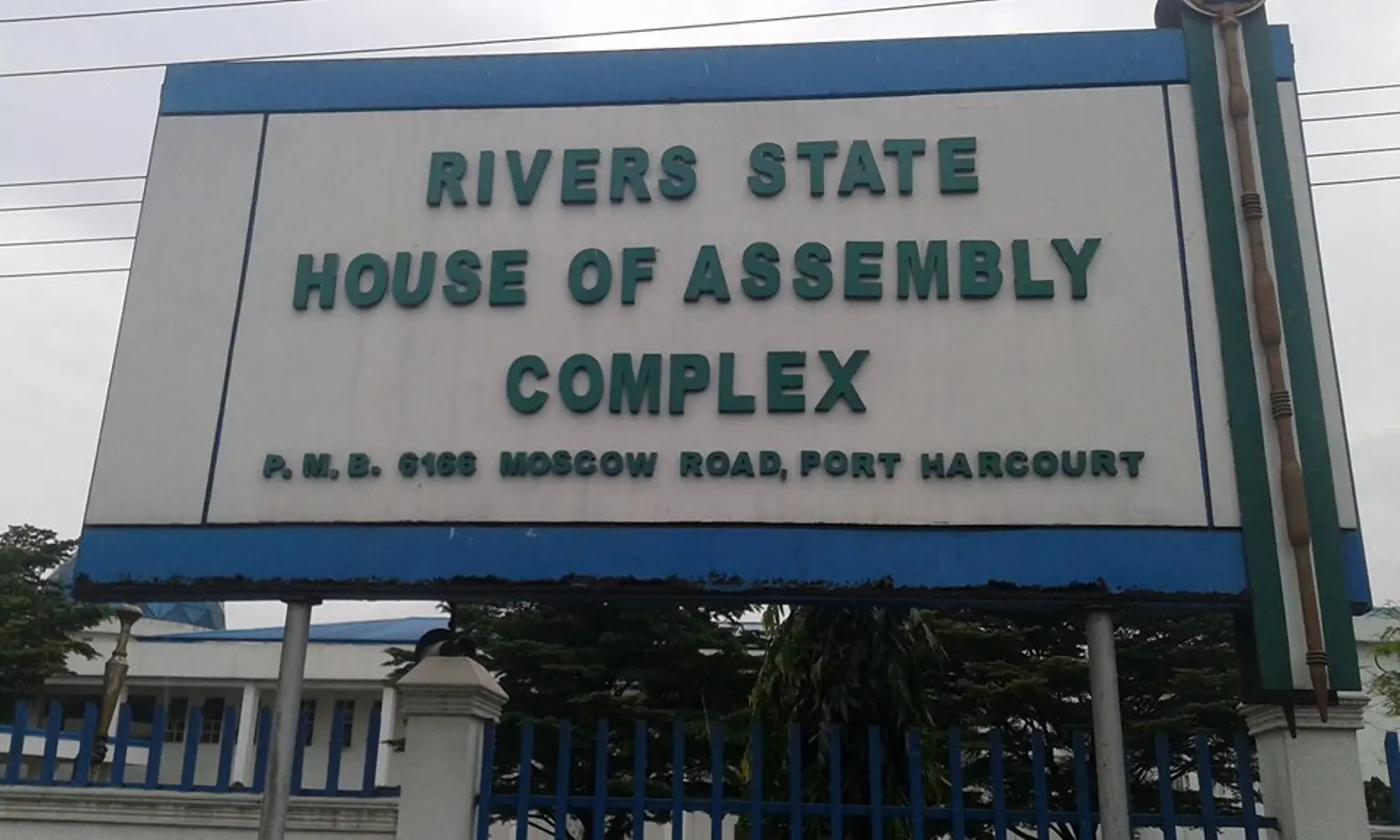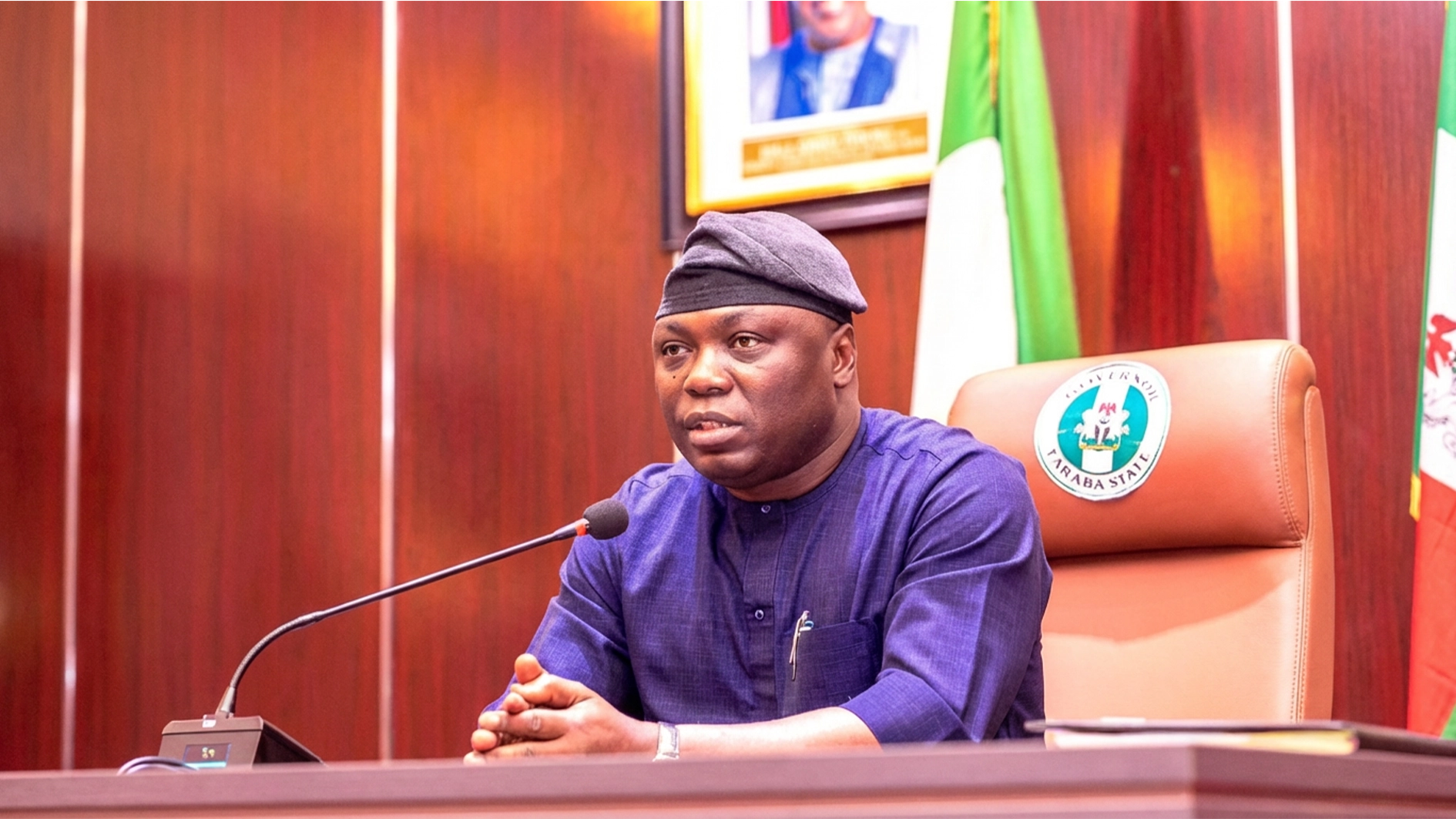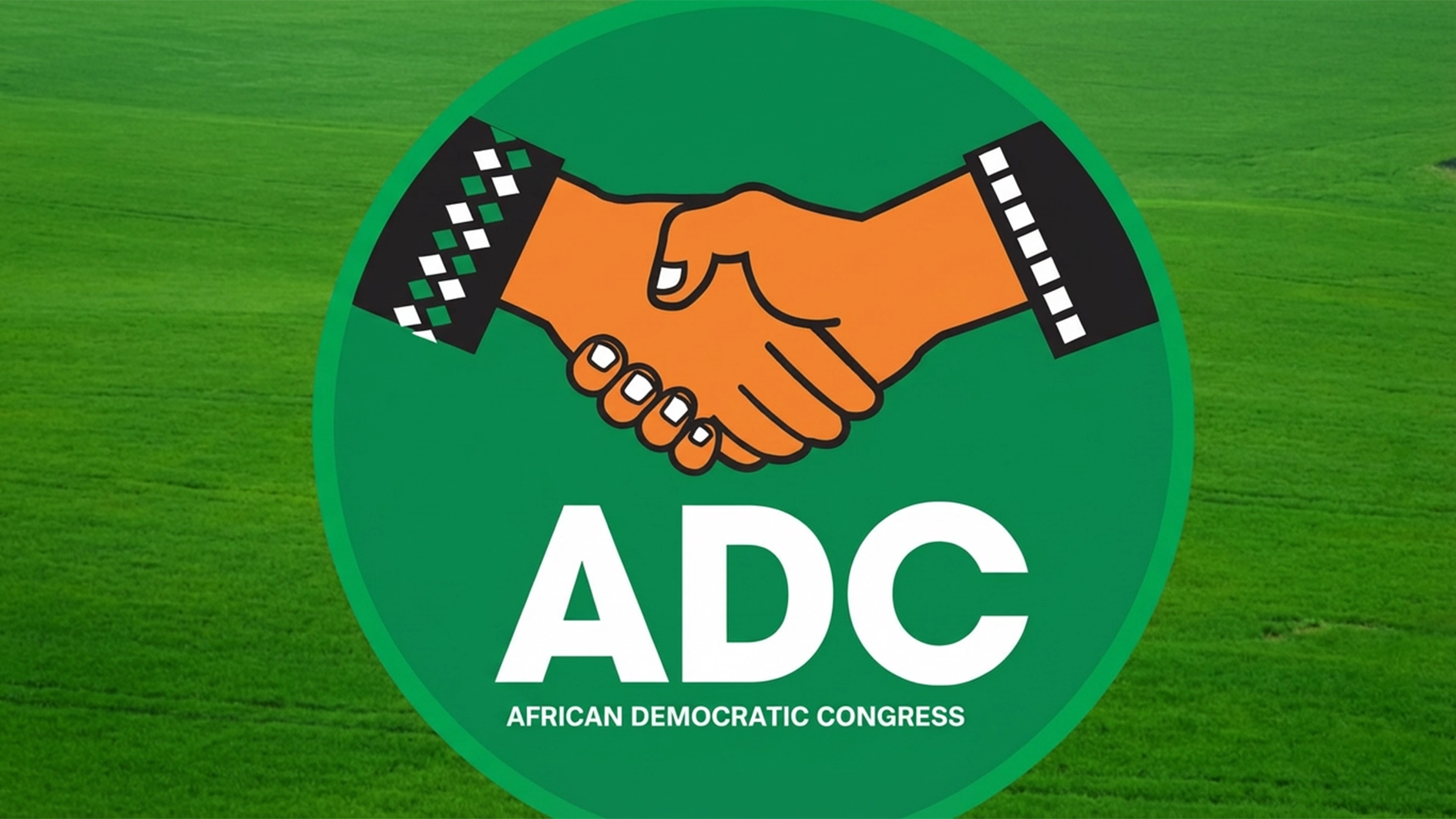• President ‘accepted’ resignation, takes immediate effect, says aide
• CISLAC demands independent investigation into corruption claims
• HURIWA warns public trust eroding over alleged silence on misconduct
• Agbamuche-Mbu is INEC’s acting chair as Yakubu gets national honour
• Tinubu to chair FEC meeting after weeks of absence
President Bola Tinubu yesterday accepted the resignation of Geoffrey Uche Nnaji as Minister of Innovation, Science and Technology, drawing a line under a steadily escalating scandal and sparing his administration the weight of mounting political baggage ahead of the 2027 general elections.
Nnaji, who was appointed in August 2023, stepped down following allegations of certificate forgery.
The resignation takes effect immediately.
In his resignation letter, he thanked the President for the opportunity to serve and stated that he had been the target of blackmail by his political opponents.
The President, in a statement by his Special Adviser on Information and Strategy, Bayo Onanuga, expressed appreciation for Nnaji’s service to the nation and wished him success in his future endeavours.
Operatives of the Department of State Services (DSS) had earlier visited the main campus of the University of Nigeria, Nsukka, in connection with allegations that the Minister of Science, Technology, and Innovation, Nnaji, had forged his degree certificate.
The Guardian learnt that DSS officials questioned key university personnel, including Vice Chancellor Prof Simon Ortuanya, the Registrar, and officials of the institution’s Examinations and Records Department.
There has been growing anxiety among ministers over the possibility of a cabinet reshuffle and the President’s expected response to allegations of corruption involving some of his appointees.
After several weeks of hiatus caused by international engagements and Independence anniversary celebrations, President Bola Ahmed Tinubu will today preside over a meeting of the Federal Executive Council (FEC).
Although a source in the Presidency indicated that a full-scale cabinet overhaul may not occur, the President is likely to swap the portfolios of some ministers. Those with gubernatorial ambitions in off-cycle state elections may also be asked to step down to focus on their campaigns.
“It may not be to the degree you make it seem, but some movements are expected in the form of swapping of ministries. Those with gubernatorial ambition in the forthcoming off-season governorship polls in some states may be allowed to leave the cabinet,” the source said.
On the issue of mounting corruption allegations, the source disclosed that the Office of the Secretary to the Government of the Federation (SGF), headed by former Benue State governor Senator George Akume, may present its findings on allegations of cronyism against the Minister of the Federal Capital Territory (FCT), Nyesom Ezenwo Wike.
Shortly after allegations emerged that Wike allocated prime plots of land in Abuja to his sons, the President referred the matter to the SGF for investigation, even as civil society groups criticised his handling of the situation.
When The Guardian contacted the Minister of Information and National Orientation, Mohammed Idris Malagi, for comments on the decision to transfer Wike’s case to the SGF and other issues relating to the President’s anti-corruption efforts, he did not respond to questions sent to his WhatsApp account at the time of filing this report.
Meanwhile, some civil society organisations, including the Civil Society Legislative Advocacy Centre (CISLAC) and the Human Rights Writers Association of Nigeria (HURIWA), have urged the President not to remain silent in the face of multiple allegations of wrongdoing levelled against his cabinet ministers.
HURIWA and CISLAC stated that the situation requires concrete action to empower anti-corruption institutions, such as the EFCC, ICPC, and the Code of Conduct Bureau (CCB), to operate without political interference. They added that anything short of decisive action makes the administration complicit in enabling corruption.
The Executive Director of CISLAC, Auwal Ibrahim Musa (Rafsanjani), criticised the President’s decision to address accusations of land racketeering against the FCT Minister through an administrative inquiry, saying the approach was grossly inadequate to uncover the depth of the alleged corruption.
“What we expect is an independent, transparent investigation by statutory anti-corruption agencies such as the EFCC, ICPC, CCB, and FIRS. Referring such allegations to the SGF’s office, especially when the same office faces its own credibility issues, risks creating a conflict of interest and weakening public trust.
“It sends the wrong message that politically exposed persons are treated with kid gloves, rather than being subjected to the full weight of the law. There is a clear risk of compromise when those alleged to be involved in corruption are made to investigate others.”
The CISLAC executive director stated that Tinubu should ensure that independent agencies, rather than political appointees, handle such investigations to “avoid perceptions of quid pro quo.”
He further argued that allowing such officials to remain in office without stepping aside undermines public confidence and suggests selective justice, stressing that the fight against corruption cannot succeed where accountability is conditional or politically motivated.
On concerns that suspending the Minister of Science and Technology over an alleged forged academic certificate could introduce ethnic or regional bias, particularly after the unresolved case of former Humanitarian Affairs Minister Dr Betta Edu, Musa stated that once credible allegations arise, the same standards should apply to all, regardless of ethnic background or political affiliation.
“Consistency is key to restoring faith in government. If previous ministers were removed over allegations, then similar actions should follow where there is evidence of wrongdoing. Selective enforcement breeds division and erodes trust in the government’s anti-corruption commitment,” the CISLAC boss noted.
For his part, the National Coordinator of HURIWA, Comrade Emmanuel Onwubiko, urged the President to urgently sanitise his cabinet by sacking or suspending ministers implicated in alleged corruption and forgery scandals.
He said that unless Tinubu takes that step, “the President’s silence in the face of mounting allegations and presumed evidence of alleged misconduct will portray him as indifferent to accountability, transparency, and the fight against corruption.”
HURIWA argued that since the University of Nigeria, Nsukka (UNN), has reportedly confirmed that the certificate presented by the Science Minister is not authentic, the revelations leave no room for hesitation.
Demanding the immediate suspension of those involved, HURIWA stated: “Suspension is a temporary measure to preserve the sanctity of public office. It does not amount to guilt, but shows that government will not condone impropriety or shield any official under investigation.”
HURIWA further warned that Nigerians are becoming increasingly disillusioned with the government’s handling of corruption scandals, stressing that the President’s silence fuels distrust and erodes confidence in governance. It reminded Tinubu that his duty is to protect the interests of the people, not shield cronies, adding that “accountability is the foundation of governance.”
INEC boss Yakubu hands over to Agbamuche-Mbu, gets national honour after a decade at the helm of Nigeria’s electoral body, Chairman of the Independent National Electoral Commission (INEC), Prof Mahmood Yakubu, yesterday announced his decision to step down from office.
Yakubu, who disclosed his decision during the third regular quarterly consultative meeting with Resident Electoral Commissioners (RECs) in Abuja, said he had formally notified the appropriate authorities of his intention to resign as provided under Section 306 (1) and (2) of the 1999 Constitution (as amended).
With only a few weeks remaining before the expiration of his second and final five-year term, the INEC chief explained that he was stepping aside to ensure a smooth transition and give the appointing authorities sufficient time to name a substantive successor.
Yakubu is expected to complete his 10-year tenure in the first week of December 2025. He was first appointed INEC Chairman in 2015 by President Muhammadu Buhari and reappointed in 2020. No INEC Chairman has served two terms since the establishment of the commission.
Meanwhile, President Bola Tinubu has accepted the resignation of Yakubu. He commended him for his service to the nation and his commitment to strengthening Nigeria’s democracy, particularly through the conduct of credible elections during his decade-long tenure as chairman of the commission.
In recognition of his contributions, the President has conferred on Yakubu the national honour of Commander of the Order of the Niger (CON).
Following consultations with other national commissioners, Yakubu announced that May Agbamuche-Mbu, one of the most senior commissioners by date of appointment, would serve as Acting Chairman pending the appointment of a substantive head of the commission.
He said, “Accordingly, and knowing the enormity of the challenges ahead, having been privileged to serve the commission for ten years with only a few more weeks to serve, I have taken a decision and conveyed the same as provided by Section 306 (1) and (2) of the Constitution of the Federal Republic of Nigeria 1999 (as amended).
“In the interim, I am handing over to one of the most senior national commissioners by date of appointment. Following consultation with other national commissioners, Mrs May Agbamuche-Mbu will serve in an acting capacity pending the appointment of a substantive Chairman of the commission. I hope that this will afford the appointing authorities adequate time to appoint a new Chairman.
“It will also enable the new Chairman to settle down quickly to the task of conducting elections and electoral activities in Africa’s most demographically and logistically complex elections.
“I want to express my profound appreciation to members of the commission and our Resident Electoral Commissioners (RECs) for the excellent working relations that we shared. Since 2015, I have worked with 24 national commissioners and 67 RECs.
“Those involved in elections or vastly knowledgeable about election management understand what the conduct of elections entails. I will forever cherish the support of successive secretaries and staff of the commission nationwide. Together, we innovated and managed the commission’s enormous responsibilities, sometimes on the verge of breaking down.
“I also enjoyed tremendous support and goodwill from members of the National Assembly, particularly successive chairmen and members of the committees on electoral matters. Similarly, from political parties, the National Peace Committee, under our respected former Head of State, General Abdulsalami Abubakar GCFR, friends from civil society, the media, and labour unions. I must also appreciate the development partners for their support.
“The security agencies have been exceptional in securing the environment, without which the conduct of elections would be impossible in some locations. I also thank my colleagues in the university system who played critical roles at the various stages of the elections.
“I must also appreciate the National Youth Service Corps (NYSC) without whose participation the management of elections at the polling unit level would be a nightmare. Young Nigerians serving in the NYSC are among the most educated, patriotic and knowledgeable election officials I have worked with.
“Today, we are presenting two books to the public. The first, entitled Election Management in Nigeria, 2015-2025, is a compendium of all the activities carried out in the last ten years under my watch. The second book, entitled Innovations in Electoral Technology 2015–2025, more specifically dwells on the new technologies introduced by the commission in the last decade. The two publications have already been uploaded to our website for public access.”






